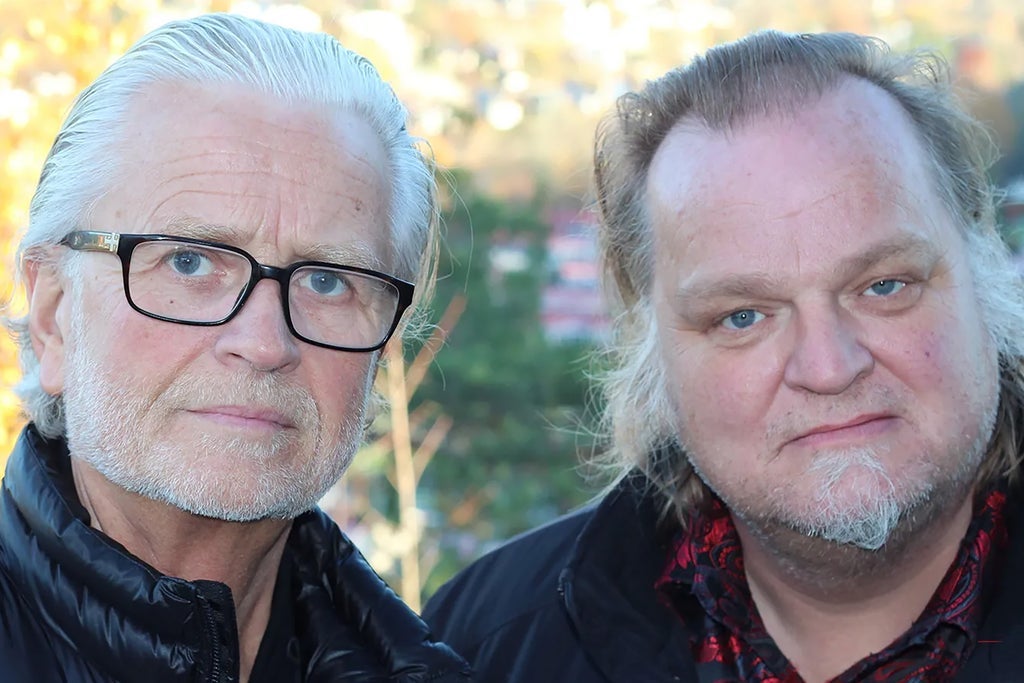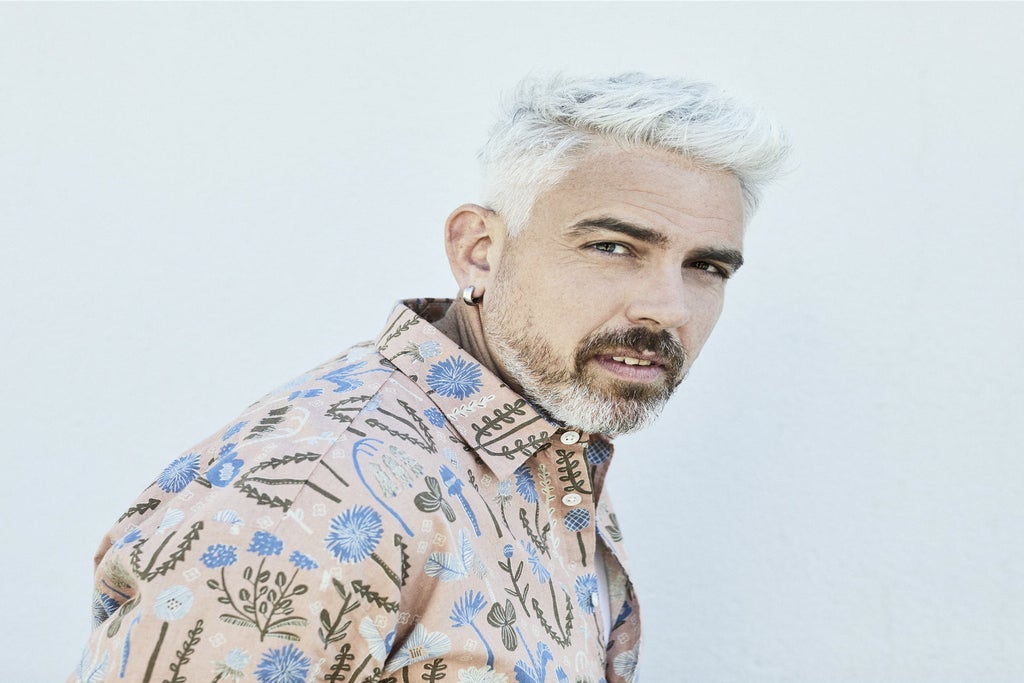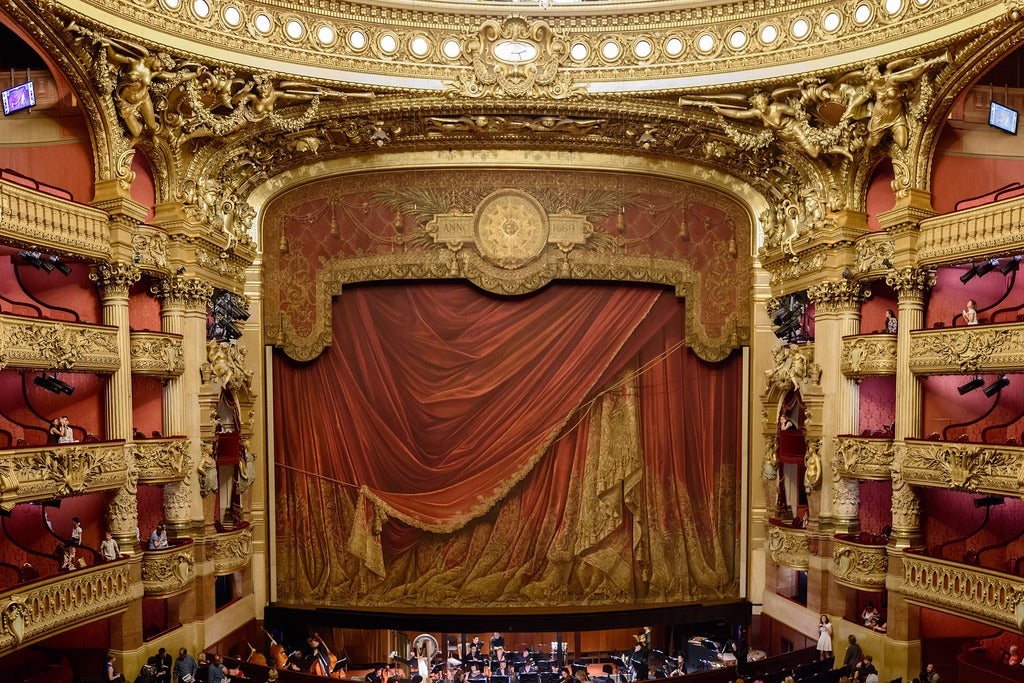Simplicity, truth and naturalness: these, according to Gluck, are the eternal attributes of beauty and the ultimate goal to which he aspired. "Alceste must not merely please us now while she is still a novelty. She must be timeless. I maintain that it will still delight in two hundred years' time, if the French language remains unchanged, and the reason is that I have built my foundations upon Nature, and Nature is not subject to fashion." To a considerable extent, the strength of Gluck's opera lies not so much in the splendour of his music as in his highly personal use of language and it is thanks to the enduring essence of language that Alceste has stood the test of time. The French of François du Roullet, Gluck's librettist, although no more familiar in the 18th century than it is today, is an ideal language. Although it assumes a physical reality in words and intonation, the language of Alceste takes wing with a sense of prodigious and timeless ceremony. Marc Minkowski and Olivier Py lead Sophie Koch and Roberto Alagna, husband and wife whom death itself cannot separate, along pathways both infernal and celestial in this tragic opera.
Cast and Creative team for Alceste at Opéra national de Paris - Opéra Bastille
Olivier Py Stage director
Pierre-André Weitz Sets and costumes
Bertrand Killy Lighting
Roberto Alagna / Yann Beuron (25 sept., 4 oct.) Admète
Sophie Koch Alceste
Jean-François Lapointe Le Grand Prêtre d’Apollon
Yann Beuron / Stanislas De Barbeyrac (25 sept., 4 oct.) Evandre
Florian Sempey Un Hérault d’armes, Apollon
Franck Ferrari Hercule
Marie-Adeline Henry Coryphée
François Lis L’Oracle, Un Dieu infernal
Videos

|
BENCHED
Rødovre Teaterforening - Viften (3/13 - 3/13) | |

|
Kleive & Reiersrud
Flekkefjord Kirke (4/26 - 4/26) | |

|
Dödlig Duett 1931
Aspenäs Herrgård (10/4 - 11/15) | |

|
Velká muzikálová show
O2 universum (10/7 - 10/7) | |

|
AVATAR: THE LAST AIRBENDER IN CONCERT
Oslo Spektrum (3/18 - 3/18) | |

|
TRYGVE SKAUG-#alltidpåtour
Brygga Kultursal (3/14 - 3/14) | |

|
ROMEO ET JULIETTE
LA COUPOLE (4/4 - 4/4) | |
| VIEW SHOWS ADD A SHOW | ||
Recommended For You


